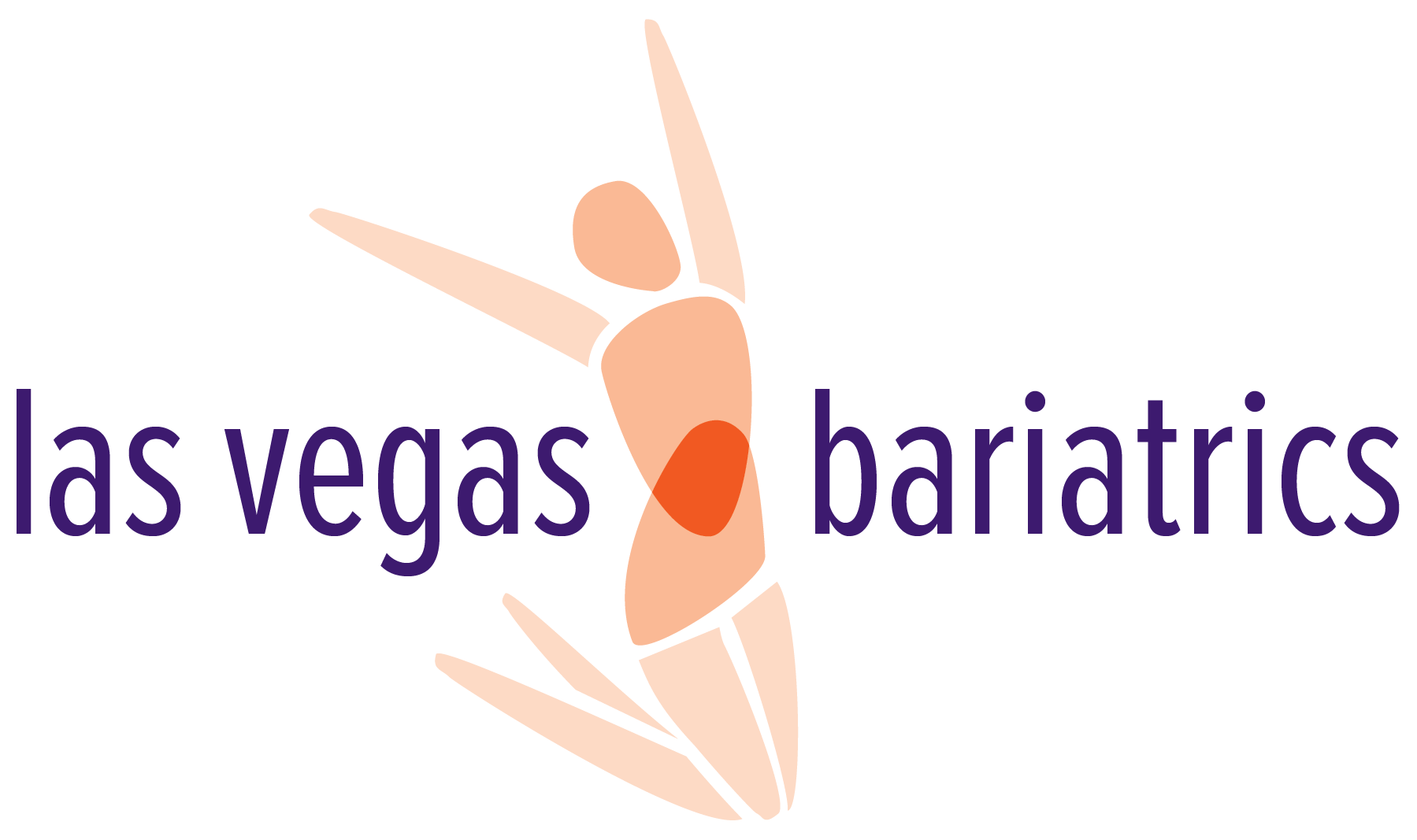Patients seeking bariatric surgery can trust Dr. Bernie Hanna's extensive experience and training. He is a highly accomplished Master Surgeon who has spent years honing his skills through extensive academic and hands-on training.
When is Bariatric Surgery Indicated?
Bariatric surgery is an option for adults who have clinically severe obesity:
- BMI greater than 40
- BMI of greater than 30 with serious health problems linked to obesity. Health problems include type 2 diabetes, heart disease, or severe sleep apnea (when breathing stops for short periods during sleep).
It is also considered when medical treatment fails. Usually, patients are on medication for an extended period, and the drug no longer works to control the symptoms. You may develop aspiration pneumonia, hoarseness, or chronic cough.










